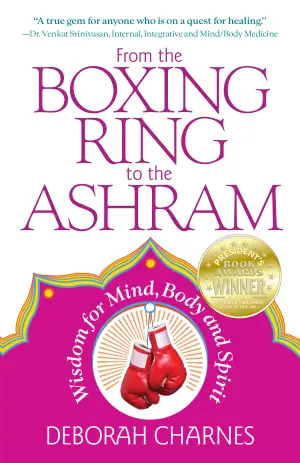Where the Crawdads Sing: A Journey Through Solitude and Love
From the moment I stumbled upon Where the Crawdads Sing by Delia Owens, I was captivated. As a lover of nature and poignant storytelling, I was drawn in by the promise of a tale steeped in the wild beauty of North Carolina’s marshlands. I had heard whispers of its phenomenal success—over 18 million copies sold, a Reese Witherspoon book pick, and the buzz surrounding the major motion picture adaptation—but it was my curiosity about the enigmatic “Marsh Girl” that ultimately compelled me to dive in.
Kya Clark, the story’s protagonist, is a striking character—both vulnerable and fiercely independent. Abandoned by her family, she grows up isolated in the marsh, nurturing a deep connection with the natural world around her. Owens brilliantly weaves together Kya’s coming-of-age story against a backdrop of small-town judgment and prejudice. Through Kya, we explore themes of loneliness and survival, love and betrayal, and ultimately, the search for belonging.
As I read, I found myself sharing Kya’s sense of fascination and fear, especially as she navigates relationships with two young men—Chase Andrews and Tate Walker—who introduce her to the complexities of love and trust. The stark contrast between Kya’s lavish inner life and the harsh realities of societal expectations had me reflecting on how the shadows of our childhood can shape our present. There’s a quote that particularly struck me: “The marsh had been her home, a place she loved as it had loved her back.” This encapsulates the essence of Kya’s connection with the marsh, making her isolation feel almost poetic.
Owens’ writing style is lyrical yet unpretentious, effortlessly blending rich, descriptive passages with suspenseful moments. The pacing flows like water—sometimes rushing, sometimes tranquil, but always absorbing. I particularly appreciated how the dual narrative, alternating between Kya’s life in the marsh and the murder investigation of Chase Andrews, adds layers of tension and intrigue, keeping me on the edge of my seat. The unfolding mystery feels like a heartbeat synchronizing with Kya’s own journey, pulling us deeper into her world.
One of the notable aspects of Where the Crawdads Sing is Owens’ vivid descriptions of the marshland flora and fauna. It’s as if the setting becomes a character itself, shaping Kya’s story and reflecting her emotional landscape. For anyone who appreciates the intricate beauty of nature, these moments are not just words on a page; they are an escape into a world that is both haunting and mesmerizing.
In conclusion, I wholeheartedly recommend Where the Crawdads Sing to readers who cherish beautifully crafted narratives that explore the nuances of human emotion. This book resonates with anyone who knows the ache of isolation and the profound longing for connection. It’s a remarkable blend of a coming-of-age story and a compelling mystery that lingers long after the last page. My own reading experience was one of reflection and connection, a gentle reminder of how the places we call home—whether filled with love or loss—shape us in ways we might not fully understand. So grab a cup of tea, find a cozy spot, and immerse yourself in the enchanting world of Kya Clark; you won’t regret it!






